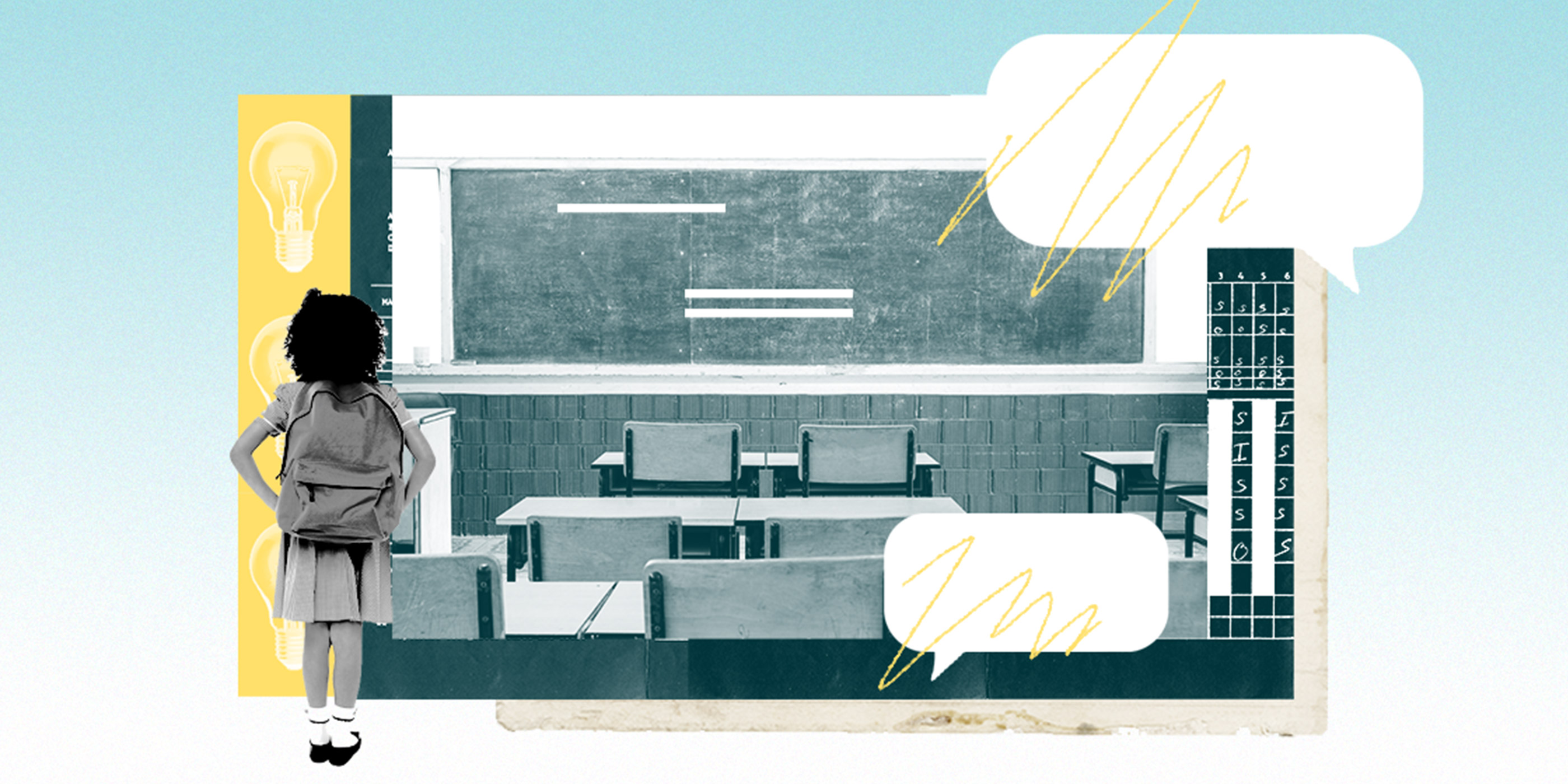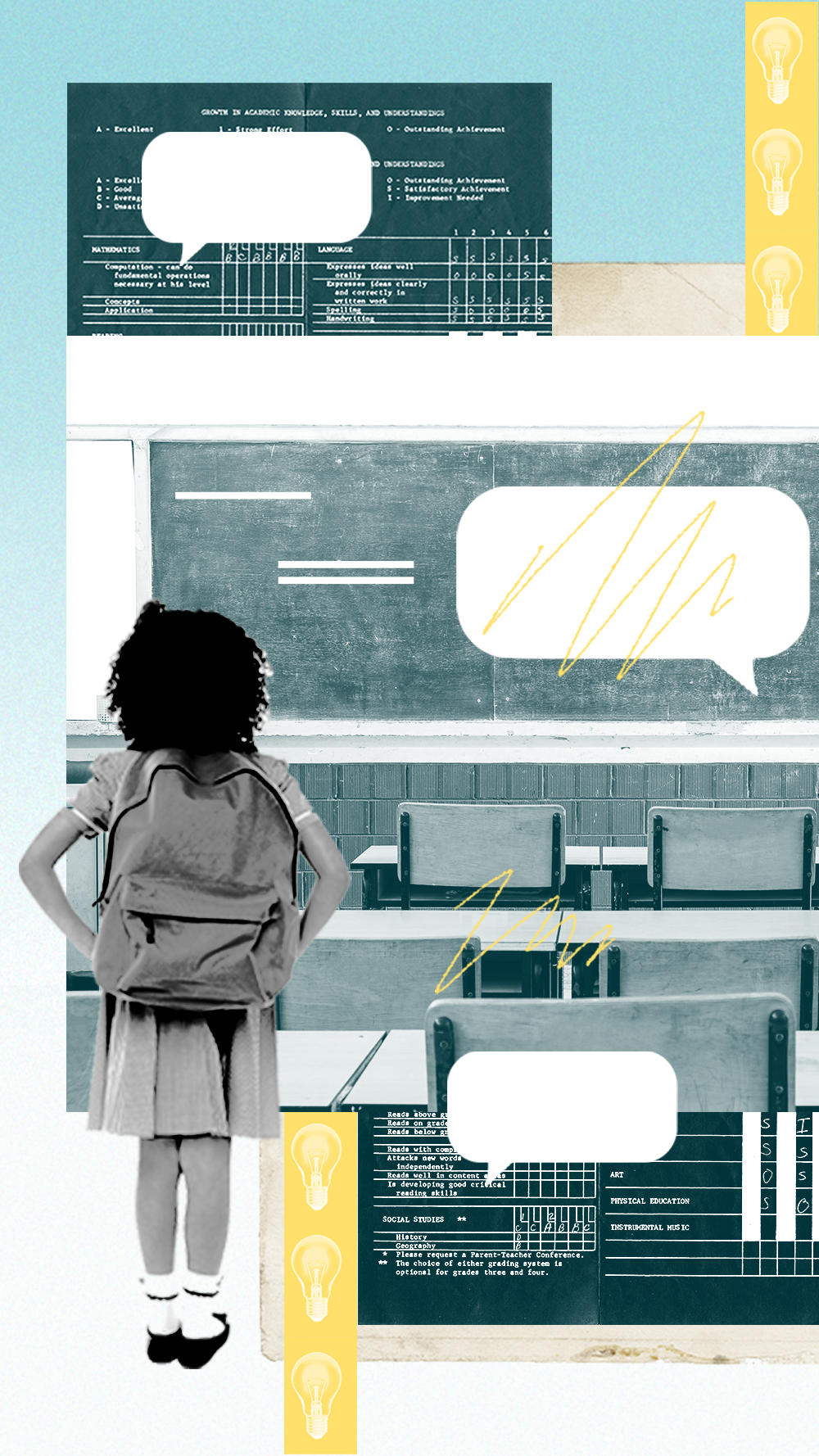Defending Our Right to Learn


Our First Amendment rights to read, learn, and discuss vital topics in schools are under attack. Since 2021, have passed classroom censorship bills that restrict discussions about race and gender in schools. In 2022 alone, state legislatures have introduced across 33 states, many of which explicitly target K-12 schools. These attacks come at a time when various groups — including state lawmakers and local school board officials — are simultaneously pushing to , primarily books by and about BIPOC, LGBTQ people, and other marginalized groups.
Here, we break down the new string of classroom censorship attacks that are impacting students and teachers across the country, chronicling both the rapid evolution of classroom censorship and our ongoing movement to defend the right to a complete and inclusive education.
What is Critical Race Theory and why has it come under fire?
, or CRT, is an academic and legal framework focused on how systemic racism is deeply ingrained in and shapes American society. The term “critical race theory” has been co-opted by opponents as a catchall term to apply broadly to classroom discussions about . For example, under the guise of banning CRT-related discussions, some legislatures have discussions of conscious and unconscious bias, or have attempted to , a book detailing the history of slavery and its lasting impacts in the U.S., from schools. At their core, anti “CRT” laws are thinly veiled attempts to silence discussions of race, gender, and sexuality amongst students and educators. These laws suppress free speech and deny people the right to an accurate, complete, and inclusive learning environment.
Which states have passed classroom censorship laws restricting the teaching of race and gender in schools, and what’s happening at the local level?
Since January 2021, have passed classroom censorship laws regulating discussions about race, gender, sexuality, and systemic inequality. Among these states is Oklahoma, where a diverse group of students and educators filed a federal lawsuit against the state for its classroom censorship bill, HB 1775. , , , and New Hampshire have also passed similar classroom censorship bills in 2021. In 2022 alone, we’ve seen states introduce similar censorship bills.
These classroom censorship efforts are occurring at both local and state levels, and will have devastating and wide-reaching consequences for millions of students across the country. A recent focusing on censorship efforts found that more than 17.7 million public school students, or 35 percent of all K-12 students in the United States, attend school districts that have been impacted by anti-“CRT”efforts. These efforts chill students from being able to openly talk about the history, experiences, and viewpoints of all communities represented in the classroom.
What are the common aspects of the recent classroom censorship bills?
Many of the bills ban what state lawmakers — borrowing from the Trump administration — have deemed “,” particularly discussions about systemic racism or sexism, white privilege, and male privilege. State legislatures claim these discussions would result in students feeling guilt or shame on account of their race or sex.
Another common feature to the newly introduced 2022 bills is their , lacking clear definitions for important terms and sometimes including contradictory language. Some of these bills also include drastic penalties and threaten teachers with termination, schools with potential withholding of state funds, and students with fines up to $10,000 if they are caught talking or learning about issues related to race and gender.
What are “curriculum transparency laws” and how do they relate to the other classroom censorship bills?
A number of state lawmakers introducing “curriculum transparency” bills that require schools to post all their teaching materials online, including books, articles, and videos. The ACLU strongly supports transparency when it comes to government bodies, including public schools. In the context of curriculum, transparency is already the norm: Parents can typically access the curriculum that public schools are teaching to their children. In any place where that is not the case, the ACLU would unequivocally support stronger transparency requirements.
Where we part ways with the sponsors of some of these bills is in the means by which the norm of transparency should be enforced. In the name of transparency, some states are contemplating putting students and teachers under nonstop surveillance. No one should be forced to learn, or teach, under those conditions. For example, in Florida, one lawmaker recently that would allow the constant videorecording and surveilling of teachers and children in the classroom for signs of teaching and learning about race and gender. We can keep our communities informed without placing students and their teachers under a surveillance microscope that inevitably chills speech and free thinking.
Why are government actors waging a war on books?
Alongside classroom censorship efforts, the fight to remove books focusing on race, gender, and sexuality from school libraries and curricula has also escalated across the country. This is all the more concerning when it comes to government decisions about what books get to remain on library shelves, since libraries are the seminal places for exploring ideas, perspectives, and topics.
In the fall of 2021 alone, the American Library Association , doubling the 156 challenges it received in 2020. Some of the most include books that center race, gender, and sexual identity, including Jonathan Evison’s “Lawn Boy,” Maia Kobabe’s “Gender Queer,” George Matthew Johnson’s “All Boys Aren’t Blue,” and Toni Morrison’s “The Bluest Eye.” These book challenges are focusing on, and attacking, students’ access to books that are by and about BIPOC, LGBTQ people, and other marginalized groups.
States that have already passed classroom censorship bills have also introduced new legislation focused on book bans, furthering their efforts to narrow the scope of what students can read and learn in schools. Oklahoma’s , for example, would prohibit public school libraries from keeping any books that address sexual or gender identity.
Book challenges also continue to ramp up at local levels in school board meetings. A school board in Tennessee recently and a Pulitzer Prize-winning graphic novel about the Holocaust, from its eighth-grade curriculum. The ACLU of Tennessee seeking information about the school board’s decision to remove “Maus” from its curriculum.
We’re also actively pursuing litigation to block these laws and policies. The ACLU of Missouri a lawsuit suing the Wentzville R-IV School District for banning eight books — including “The Bluest Eye,” “Lawn Boy,” and “All Boys Aren’t Blue” — from school library shelves. After the lawsuit was filed, the school board the ban of “The Bluest Eye.”
Censoring books by and about BIPOC and LGBTQ people is inherently discriminatory and antithetical to our First Amendment rights.
What’s next for 2022?
State and local lawmakers are doubling down on their crusade against a complete, accurate, and inclusive education. The right to free expression includes the freedom to read and learn, free from viewpoint-based censorship. We will continue to defend that right.
We call on lawmakers, students, parents, educators, and community members to support the fight against these classroom censorship attacks and book challenges. The battle is far from over.


